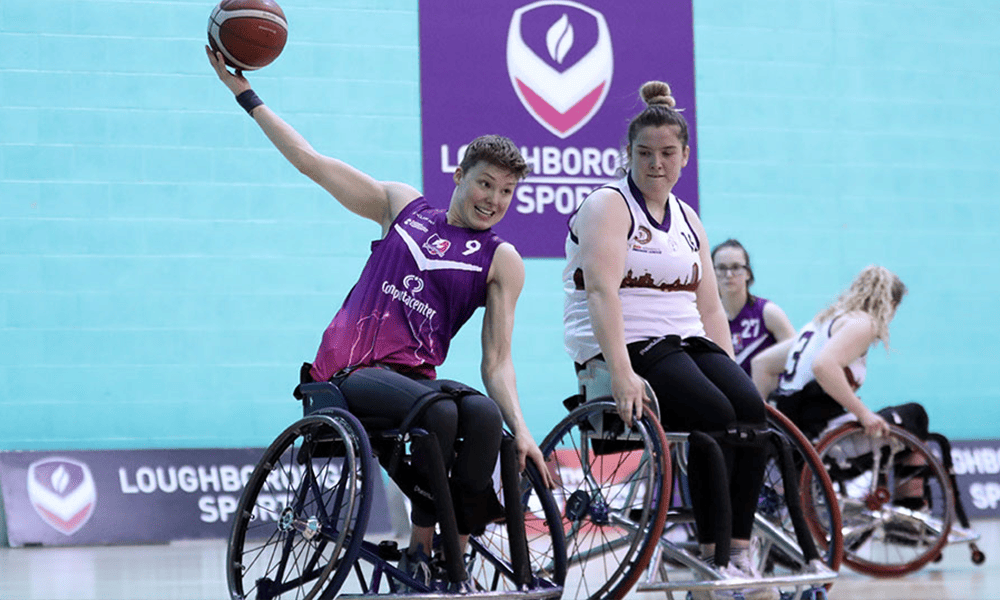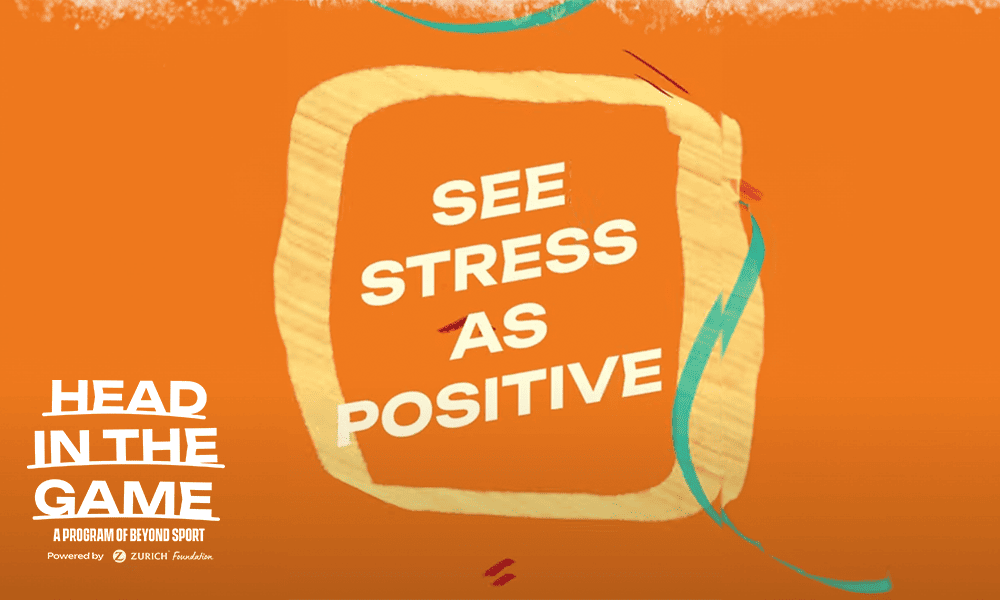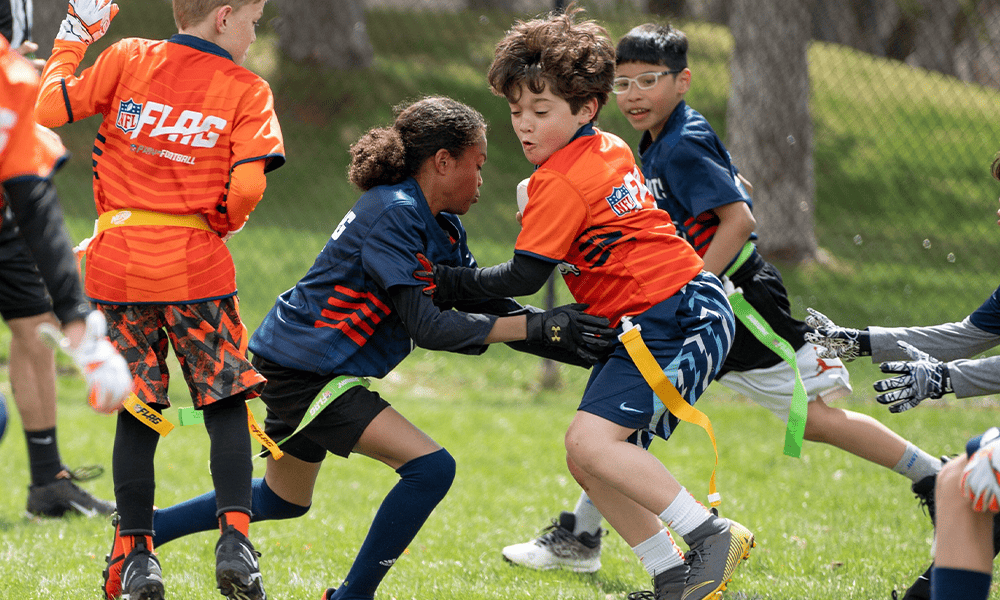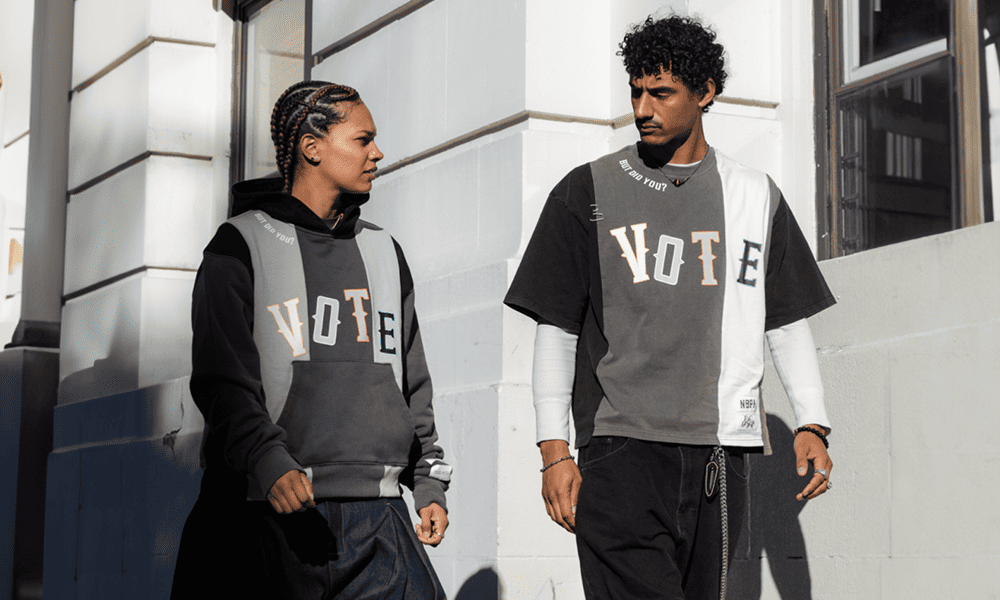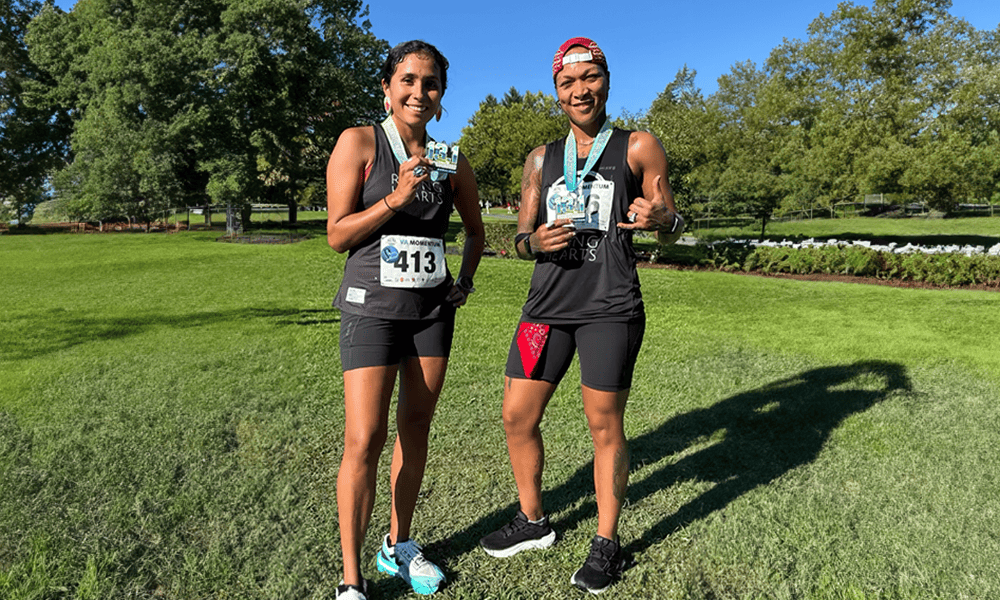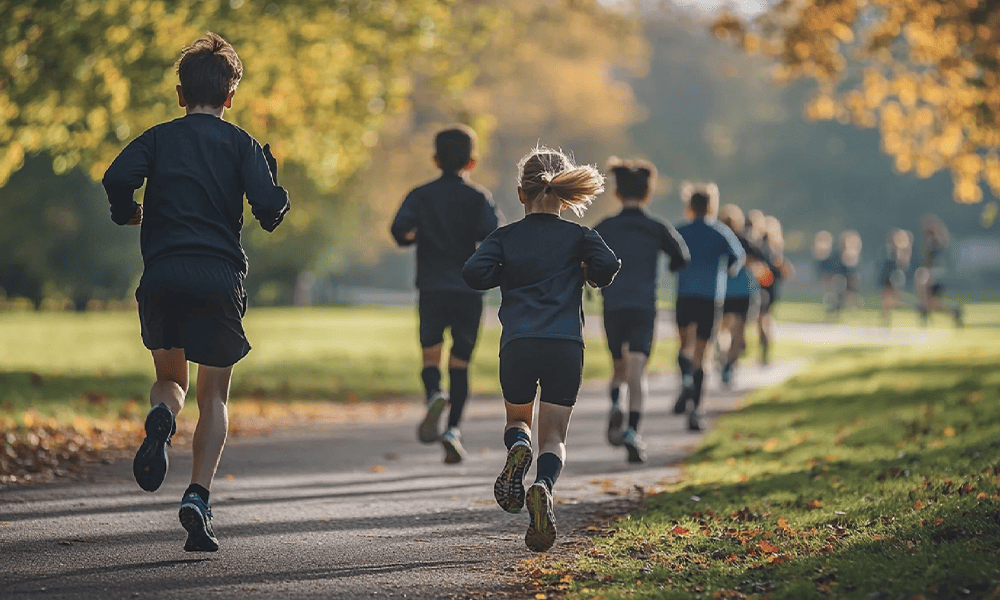August 2, 2024
On August 12, the world will recognize International Youth Day, which brings global attention to youth-related issues and celebrates young people’s potential as partners in today’s global society. In recogtion, this month we are highlighting sport for development organizations in our network that are serving young people through sport.
Today, meet Brazil’s Futebol Social – an NGO partner of the Rexona Breaking Limits Program delivered in partnership with Beyond Sport. We spoke to Executive Director Guilherme Araujo about how the organization is empowering youth through sport, reaching remote Indigenous Brazilian communities and his newest programs.
Established in 2004 as part of the local street paper, Ocas, Futebol Social connects young people from underprivileged communities across Brazil through football-based programs. Its national network of social projects engages groups across 12 states living in the Amazon region (Ribeirinhos), in big city slums (favelas), formerly enslaved territories (Quilombolas) and in remote regions with Indigenous, Quilombola and riverside communities. Everyone is welcome, regardless of origin, gender or socioeconomic status. “We value diversity as a driving force for growth and transformation, recognizing that different experiences and perspectives enrich our community,” Araujo shared.
With millions of young Brazilians living in precarious situations, the organization holds special events, meetings, educational trainings and regular after-school activities to improve their future prospects. Futebol Social also supports Brazil’s entry into the Homeless World Cup (HWC), a global event that raises awareness on homelessness and social isolation. The 2024 HWC will take place in Seoul, South Korea this September.

Araujo shared that the primary challenges that the youth he works with are facing include daily discrimination, racist abuse, poverty and inequalities in housing, security, sanitation, food and infrastructure — all compounded by a lack of quality education. Combined with other factors, young people feel discouraged from pursuing professional careers due to feelings of inadequacy. “That’s why we believe our actions are so important. It is necessary to work on self-esteem, offer experiences and opportunities to show that the future and the world also belong to them. We should inspire young people to be role models for the next generation,” he said.
Futebol Social’s network is made up of more than 100 grassroots organizations across Brazil, which all believe that “football is key to helping people out of poverty.” They work with around 10,000 players, 2,000 of whom take part in its tournament series, the Circuito Futebol Social. The program connects groups that live differently but face similar challenges, teaching them new skills and tools to take back to their communities to help transform the lives of more people in need.
“Football has the unique power to mobilize and engage. It’s a passion that’s difficult to explain, which makes us love watching great games and players and practicing it anywhere or at any time. With football as a central element, we open the minds and hearts of participants so that any topic can be discussed and values can be absorbed in a natural and pleasurable way. We are not here to train professional players, although this is possible and desirable, but rather conscious citizens prepared for any professional career, inside or outside of sport,” said Araujo.

The organization runs local and regional events, including social and cultural activities that use sports to improve young lives – one being the Breaking Limits Program. Araujo was excited to share about a new organizational program focused on serving the Guaraní Mbya community called Tenondé Porã.
The Guaraní Mbya live on Terra Indígena Tenondé Porã – an Indigenous land in the extreme South of São Paulo made up of 1,500 people. The program will combine sport and football together with themes of equality and movement aligned with the Breaking Limits Program, which has “guided many of Futebol Social’s training actions.” Activities will take place twice a week after school in the effort to positively impact the largest Guarani population in Brazil.
“A fact that makes us proud is that this demand came from local leaders, who saw the opportunity to bring young people closer with football as an incentive. They are taking the opportunity to make them aware of the history of the people and the land, as well as the importance of protecting values and supporting the next generation to keep Indigenous traditions alive and growing stronger,” he explained. “This model will be followed in other Indigenous communities that we’re in contact with, both in the South and North of the country.”

Core to the organization is a goal of strengthening individuals to bring out their best and valuing diversity as a driving force for growth and transformation. “We empower young people to become agents of change in their communities by providing them with skills, resources and opportunities to lead and inspire. We inspire community leaders to promote positive actions, encouraging civic engagement and the creation of a much more promising future for everyone,” shared Araujo.
Stating that “it’s much more than football,” he also spoke on how they developed a new platform to expand its impact in communities and its partnerships. Through collaborations and individual actions, Futebol Social will encourage and reward participants with scholarships and employment opportunities on the platform. It will also serve as a prerequisite for advancement in projects. For instance, to participate on Futebol Social’s national or world stages, youth must demonstrate their commitment to educational, social and community activities through clear metrics and a scoring system. Participants will also fill out forms including social, housing and psychological evaluations which will help the organization to evaluate the situation of youth in various contexts. The forms aim to identify leadership potential and the ability of their young participants to share their experiences within their communities.
The Rexona Breaking Limits Program is an additional element of Futebol Social’s transformative work explains Araujo. “It brings credibility and formal training opportunities and encourages our partners through special events and material support for daily activities – which has contributed to retaining historical partners and opening new avenues. Our own methodology, inspired and guided by the program’s content, offers partners the chance to participate in our projects…These factors strengthen our operations and allow us to maintain a robust network where everyone benefits. Rexona Breaking Limits stands out as a transversal program that has supported all these efforts.”
Photos: Heber Dall Oglio
